Extracts from ‘My Mother’s Story’
Memories of her young days written by Asna in 2001
Cathie once suggested I write down incidents in my life as they came to mind & this morning, Sept 18th 2001, I am doing just that. I received a notice in the post this morning from the BHA (British Humanist Assn) about a Xmas holiday in Buxton, so memories came flooding back.
My mother still only in her forties suffered from Osteo-Arthritis, then known as just Rheumatism, & each year went to Buxton for a month to 'take the treatment' hers being mainly mud applications & drinking the Spa water. The year before the death of my father he looked after me at home, but after his death when I was 8 years old my mother took me with her for possibly 2 years running until she could no longer afford the treatment though we stayed in a simple little flat.
After arrise (sic) & settling in we would go shopping, my mother buying a selection of young vegs then coming into season & would make a soup containing new carrots, peas, beans pots etc cooked slowly in milk; [we buy bread?] she always bought me a treat – a large bun of choux pastry bun (as my pudding) filled with fresh cream from a wonderful bakery.
Our next journey was down to the Pump where she would produce her little silver 'collapsible' cup to drink the so called healing waters. I waited in a queue of children all anxious to man the pump & each of us would be allowed to 'serve' a few people.
Although pumping was quite difficult for small children nevertheless we wouldn't forego this pleasure which I looked forward to daily.
During the months stay we would go to the Buxton Opera House to see a musical two I remember, No No Nanette, Maid of the Mountains. Perhaps we also saw some plays which I don't remember as my mother loved the theatre & Cinema. At home we saw a film every Sat. evening possibly in the winter when the Sabbath ended in time for the film. The stars were Rudolf Valentino, Paula Negrie [Pola Negri] , Gloria Swanson & of course silent until the first 'talkie' with Al Johnson. I loved all this so I suppose my liking for the Arts started then. At about the age of 12 my brother David bought a Record Player – a free standing console model, where the records were kept in the cupbd of lower part, & then I heard my first opera arias on 78s. The Rigoletto Quartet + excerpts from Cav & Pag. etc. David also took me to hear the Henry Wood Concerts & once to a Jazz Concert with a famous American Saxophone player. He also took me to several plays – B. Shaw's mostly, by the M/c Rep. Co. which produced many actors later to become well-known in the London theatres. So, despite my lack of formal higher education through straightened circumstances I had a rich cultural childhood (including books) not always available to children in poor to moderate circumstances & I think this in part is due to Jewish people wanting to enrich their lives, by self-education not unlike the Welsh & Irish.
Asna’s notes continue: Recollections 26.10.93
… My childhood wasn’t easy but I was ‘lucky’ in having access to good books & being influenced by three of my older siblings who were broadminded & more radical. Another influence in my early teens, when joining a friend to help in her father’s shop (lock-up shop with no living accommodation) in a poor Salford district was the sight of real poverty. Children with no shoes (Phil Casket whose family were poor remembers this & himself wore none in early years) & torn clothes. The mothers would pay 1/-d or up to 2/-d (todays 6p & 10p) every week & buy some essential piece of clothing & be forever in debt. Streets were dirty & houses unkempt & men and some women drank heavily using money (? 1d pint for beer at that time) they could ill afford & which should have been spent on food. But who could blame them, as now, there was no way out of the poverty trap – (the recession of the 1920s & the 1926 General Strike). My friend’s father had made good profits from selling surplus army clothing after the 1914-18 War & bought himself a nice house - small but comfortable in a pleasant M/c district. He didn’t make the huge profits that many did during the war years & worked hard. However, these differences affected my way of reasoning & I came to the conclusion that the ‘System’; had to be changed & thus became a Socialist.
Sally was my biggest influence & I suppose being without a father from the age of 8 I ‘looked up’ to the older members of my family. My Mother’s religious beliefs didn’t influence me at all & although my father was religious & a keen Zionist, he was politically a Socialist believing in the formation of the Kibbutz in Israel. (What was then Palestine). He took no part in British politics as his endeavours were solely propelled to the causes of Zionism & not long before his illness & death was making plans for our emigration to Palestine. He went to Berlin to have an operation for removal of cataracts in both eyes, the surgery being more reliable there in those days. But even so he needed long convalescence which unfortunately he did not take and following his return home contracted meningitis and died a week later.
Asna continues ...
… In those days in England children could leave school at 14 and even though I was told by my Headmistress I had a “promising future” and was offered a place at Manchester Grammar School if I stayed on, I decided to leave. The Depression and General Strike of 1926 made things very difficult for my mother and so I took employment in an office and went to evening classes to continue my education and also did a good deal of reading becoming both a socialist and atheist in the process.
Recollections 20.11.93
All sorts of thoughts pass through my mind in the morning and today, for some unknown reason, my mind went back to my brother, Abe.
Strange. I cannot recollect anything about him before he married in 1921. He was in the Army in the ‘Great War’ (1914-1918) & I seem to remember him in ‘Kahki’ (sic) uniform on his return but no other memories of him at home until I used to visit him & his wife, Emma, at their home & even then only after the birth of their first daughter, Eileen, when I was 8 years old. I remember that Emma made my first gym slip when I started secondary school & seemed bad-tempered at the fittings & ‘ticking me off’ for various reasons.
However, I digress, as I was actually thinking of Abe in a much later period in connection with myself. I went up to M/c to tell him of my intended marriage which he opposed on grounds of religion (as I knew my mother would too) but said if I intended to go ahead – which I did – advised me not to disclose this to my mother & I followed his advice – perhaps I should say his wishes – which I’ve always regretted. I’m sure she would eventually have become reconciled (she had met Dick in London & when I tentatively brought up the question of our marrying, put the same religious objection though she thought ‘he was very nice’ & I am certain that knowing & seeing Cathie, my first baby, would have given her some pleasure in the last few months; she died in Aug ’43 without knowing I was married or of Cathie’s existence. Something I cannot remember without pain. What surprised me was being warmly received by both Abe & Emma when I called some months later with Cathie whilst staying in M/c with Sylvia & Maurice for a few weeks during the heavy bombing. After that first ‘reconciliation’ we remained on amicable terms, but didn’t meet again only communicating by letter & a phone call – before mother’s death.
The diaspora of Jewish people to Europe was to escape from the persecution that beset them continually in Russia and Eastern Europe. But they had a hard time in the countries where they settled with only low paid, mostly manual work, open to them. There were certain periods over the centuries where they did enjoy freedom to pursue their cultural and professional careers as in Spain and Germany and for a short time in England but these periods always passed with further oppression and discrimination and so they fled to whichever country would take them. In the time of the Spanish Inquisition many Jews converted to Christianity otherwise it meant death, unless they could escape and some came to England.
I remember them in Manchester when I was a child as their religious practices were slightly modified allowing them to use transport on Saturday (the Jewish Sabbath) and as many were quite affluent having brought their wealth with them from Spain, we saw them arrive to their special Synagogues in their cars – quite a phenomenon in those days of the early 20s. The Synagogues were called ‘Reform Synagogues’. I remember when a young child going to our own Synagogue and sitting in the Balcony where all the women sat – we had a good view of all the happenings below. At a certain part of the Service the Scrolls – “Torahs” were brought out of their little Ark and carried round, their coverings were of white satin, which I thought was lovely!
I was told by Sally that my parents experienced hard times but always ‘pulled through’. I don’t know a great deal about my parents’ early married life but Jewish immigrants had a hard time and in those days it was difficult for them to work in the professions or follow a career, the only work being available was manual (in the tailoring trade mostly) or in business.
I believe at one time my father ventured into the coal business, having one employee to deliver, but he was no businessman and was a soft touch when families were badly off with no heating in winter and did not insist on payment. This venture didn’t last long! As my father’s attempt in business wasn’t very successful and having been a teacher in the Jewish Community in Russia, he started a small school. By the time I was born he had been teaching Hebrew in a room in the Synagogue which I visited with messages or whatever for my father. Whilst waiting till there was a break I’d sit and watch and listen but not understand apart from a few everyday words. Girls were not included in this education as primarily it was to prepare the boys for their Bar Mitzva at the age of 13. My father was called a Rebbe i.e. teacher & my Grandfather was a Rabbi – the Religious Head (Minister) of the local Jewish community.
The boys came after their English school-day finished and for a full day on a Sunday. My Father also officiated in the local Synagogue and helped my Grandfather in his duties as a Rabbi both were held in high regard by the local Jewish community in our area – Jewish people seemed to have lived in various areas of Manchester by the time I came on the scene.
Asna believed her mother’s family originally came from Germany and later lived in Latvia. Her mother, Janey Schneider, was born in Riga and came to England in 1892 at the age of 18 together with her mother Sarah Milner and other family members. With Holocaust Memorial Day having just passed on 27th January, the family’s story and how the Holocaust, also known as the Shoah, touched Asna’s family too, together with Cathy’s discoveries regarding the wider family and its legacy will be continued in part II.
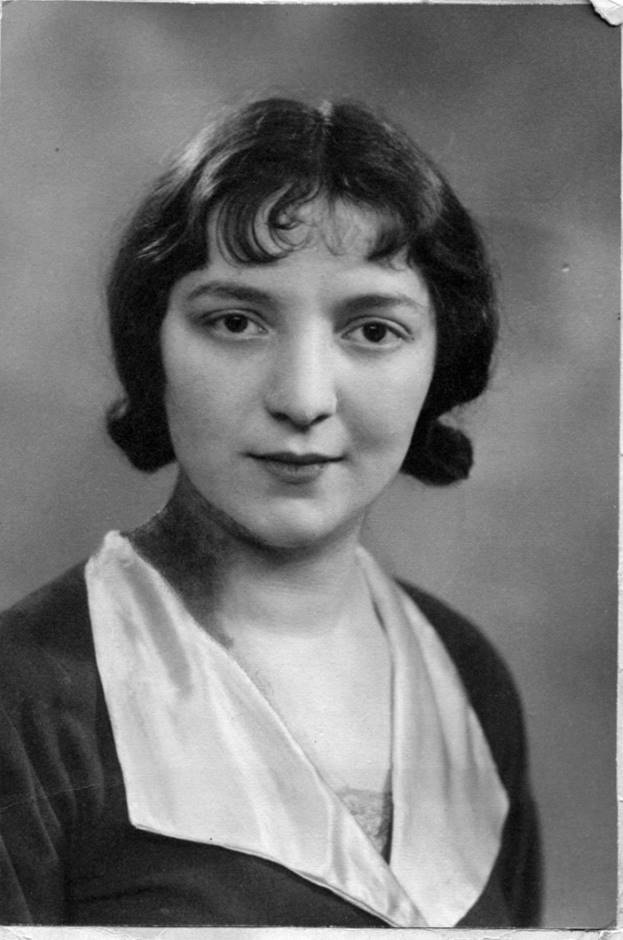

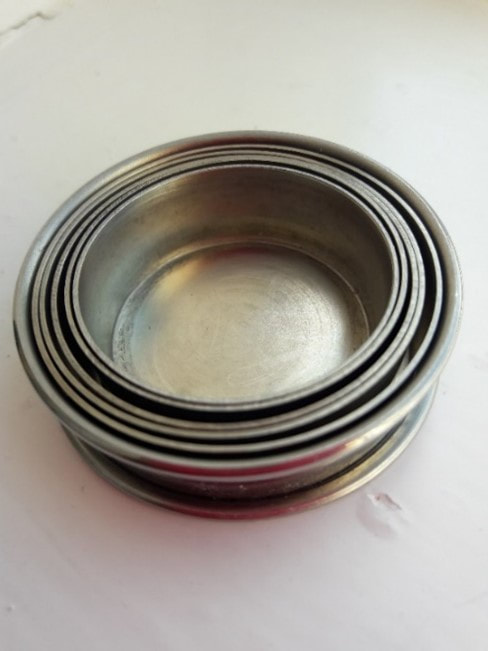
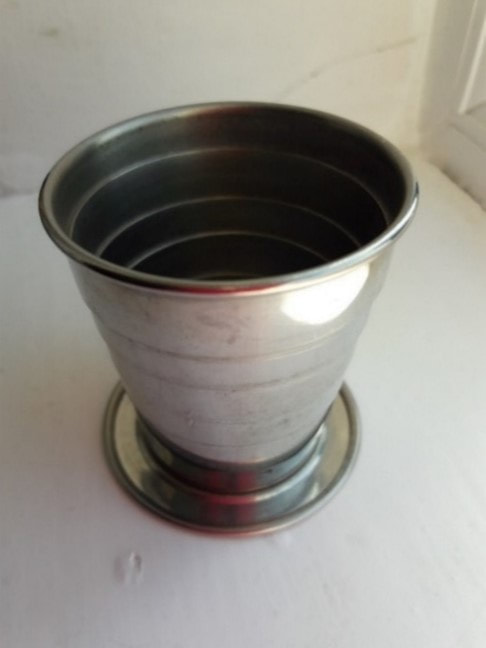
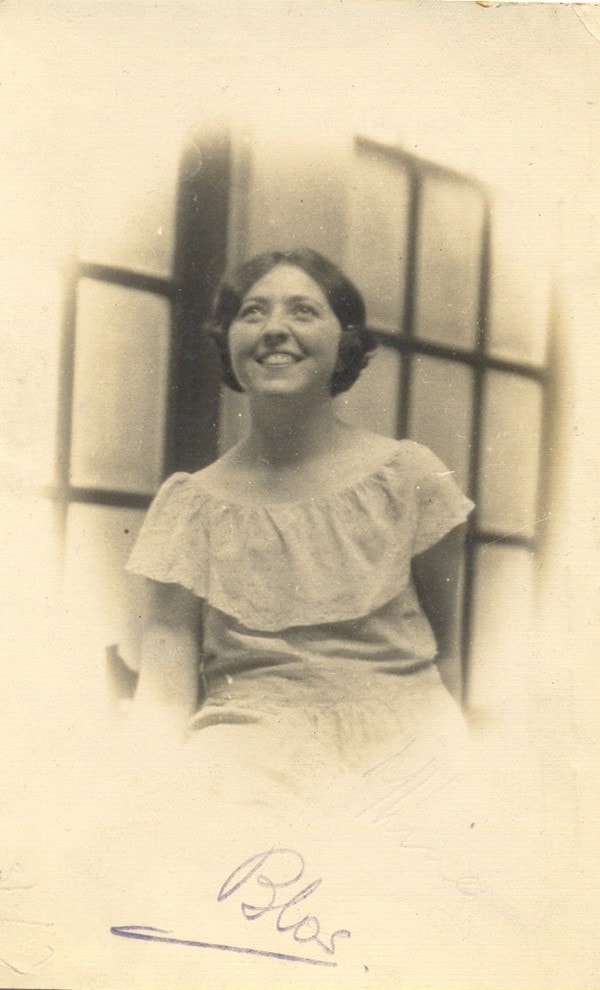
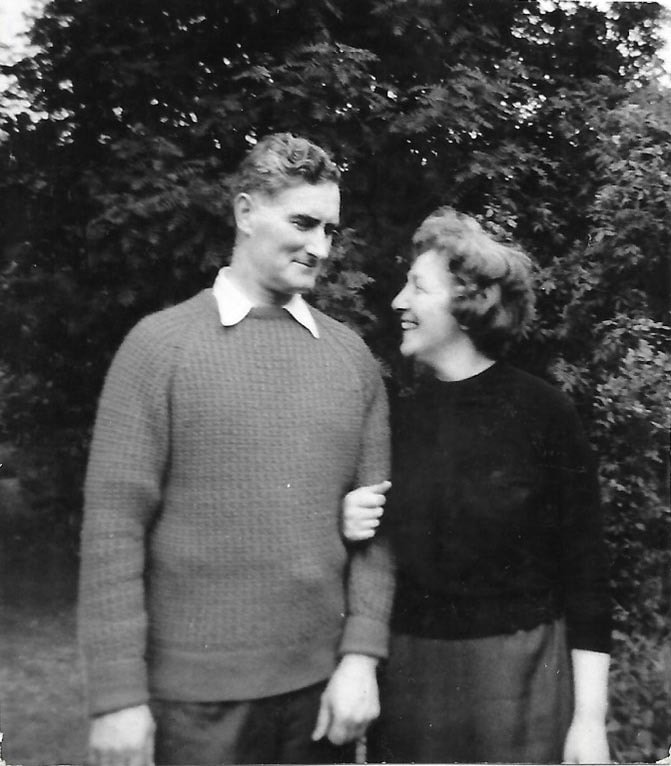
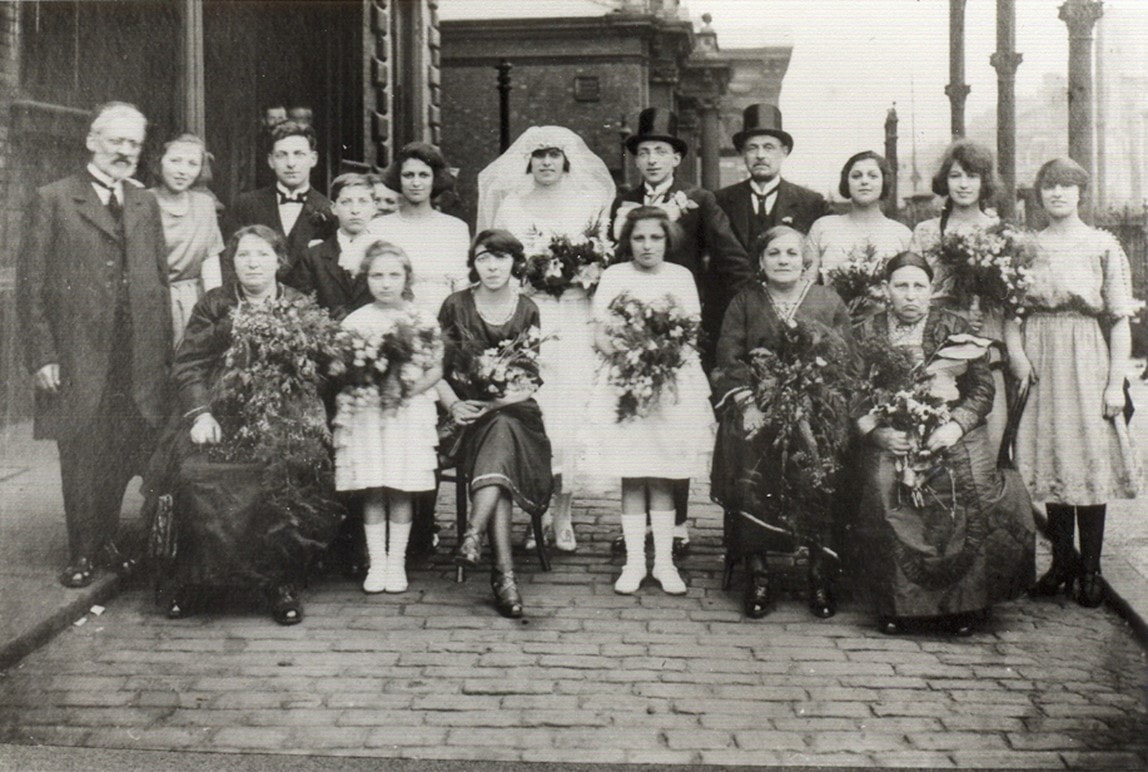
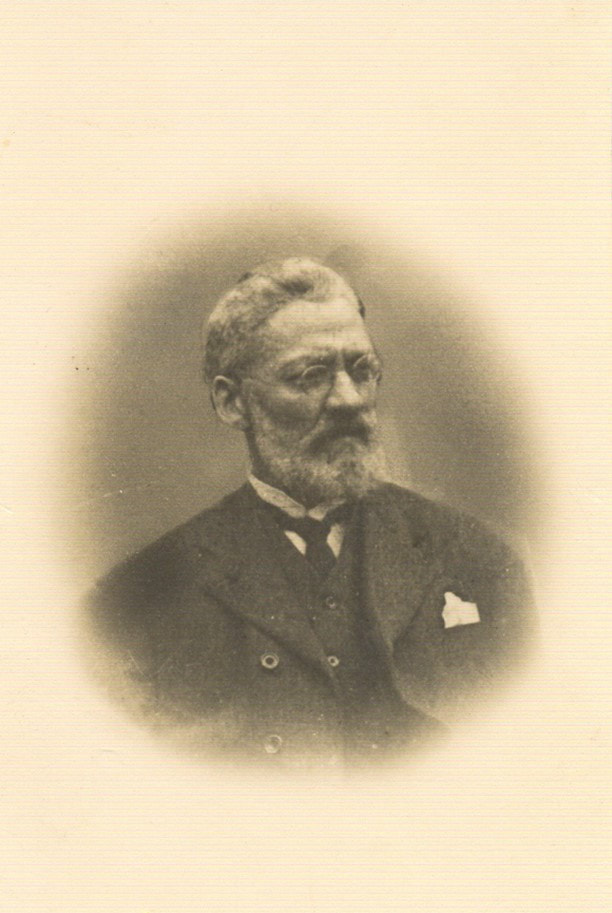
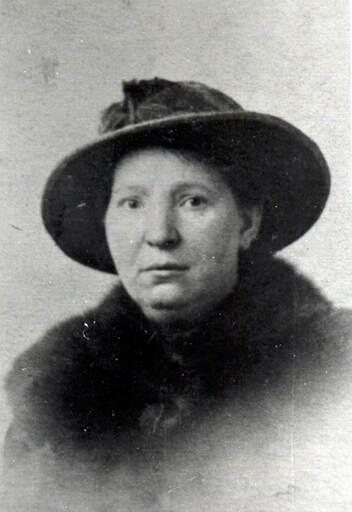
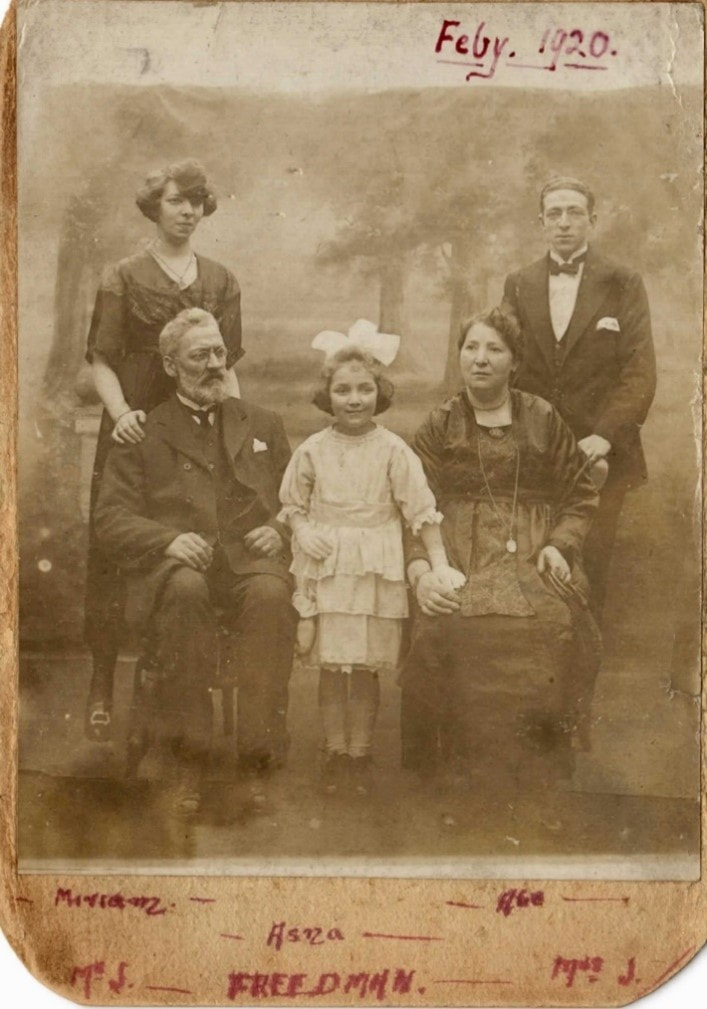
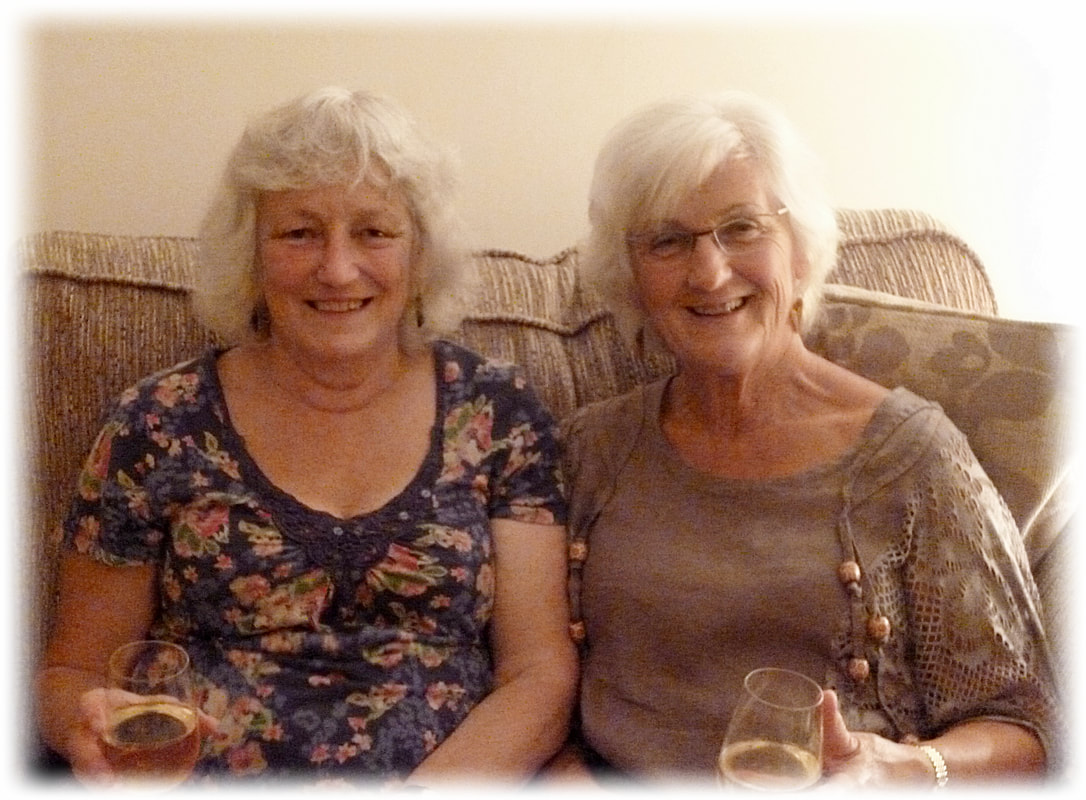
 RSS Feed
RSS Feed
